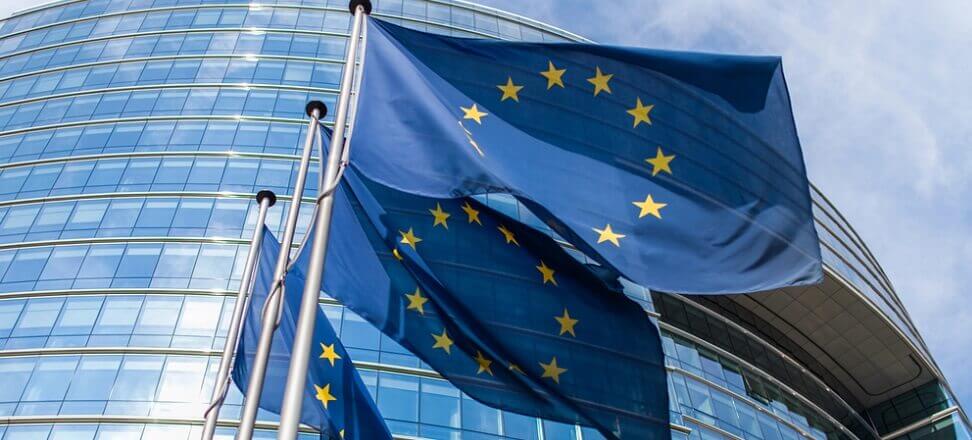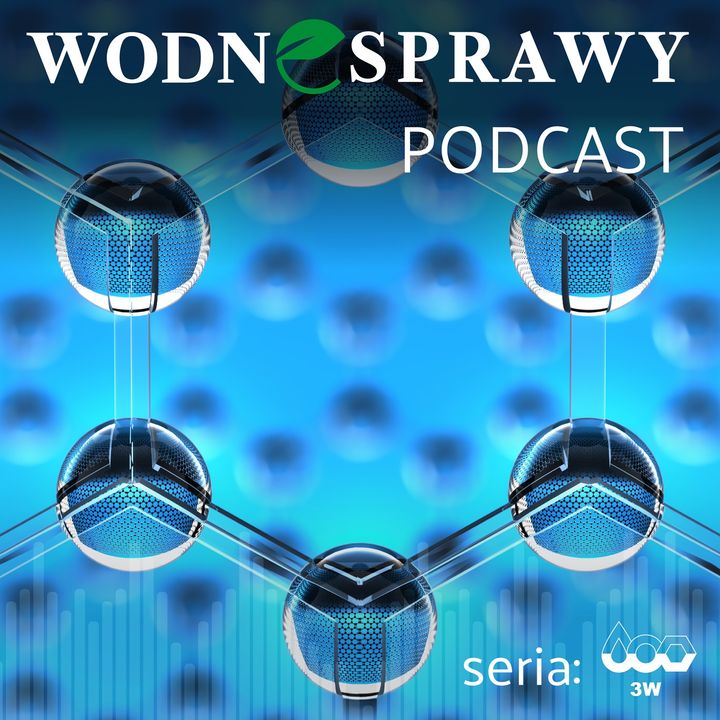Critical raw materials are essential for the development of many technologies in the EU’s strategic sectors, such as the production of carbon-neutral technologies, the digital, space and defense sectors. These raw materials are key to achieving an ecological transformation in line with the European Green Deal and the expectations of EU residents. Currently, demand for critical commodities is at an all-time high and is expected to increase in the near term. With this in mind, the European Commission decided to expand cooperation in their field and announced the creation of the Critical Raw Materials Security Partnership Forum with cooperating countries.
Critical raw materials and their importance
Critical raw materials are raw materials that are of great economic importance to the EU and whose supply may be disrupted due to concentration of sources and lack of good, affordable substitutes. Critical raw materials are essential in the technologies needed for the green transition, such as wind power generation, hydrogen storage and batteries. Critical raw materials are also widely used in everyday items for example: lithium is used in electric vehicle batteries and for energy storage purposes, tungsten is used in vibration technology in cell phones, and silicon metal is used in the production of semiconductors.
Mineral Security Partnership Forum
Sources of critical raw materials are mainly located outside the EU. In order to strengthen critical raw materials supply chains, the European Commission has decided to strengthen cooperation with international partners. To this end, she announced the establishment of a mineral security partnership forum. The agreement will build on the EU’s Critical Raw Materials Package, adopted in March 2023, which stressed the need for more diverse and sustainable supply chains. The solution may lie in the creation of new, mutually supportive international partnerships.
The Mineral Security Partnership currently has 15 members (Australia, Canada, Estonia, Finland, France, Germany, India, Italy, Japan, Norway, Republic of Korea, Sweden, the UK, the US and the EU). Kazakhstan, Namibia, Ukraine and Uzbekistan have recently joined the agreement.
The Mineral Security Partnership Forum will be a multilateral cooperation platform that brings together producing and consuming countries at different stages of development. It will focus on advancing and accelerating the implementation of individual projects and promoting policies that contribute to local value creation and resilient value chains. The European Commission is currently in talks with countries rich in critical raw material resources to ensure their broad participation in the forum. As envisioned, the agreement will bring together resource-rich countries and countries with high demand for resources.
The work of the Mineral Security Partnership Forum will be carried out at two levels, namely:
- a project group to support and accelerate the implementation of initiatives on the sustainable extraction and use of critical minerals;
- a policy dialogue that will identify policies to promote sustainable production and local capacity, and facilitate regulatory cooperation to promote fair competition, transparency and predictability, and that will promote high environmental, social and corporate governance standards in supply chains.
The Mineral Security Partnership Forum will focus on the supply chains of minerals and metals that are most relevant to clean energy technologies. These include lithium, cobalt, nickel, manganese, graphite, rare earth metals and copper, as well as germanium and gallium. The list is not closed and will be expanded to include other critical raw materials as needed.
Mineral Security Partnership Forum and Global Gateway Strategy
The Global Gateway Strategy is an instrument to stimulate sustainable investment in five priority sectors – climate and energy, digital, transport, health, education and research – through EU partnerships with third countries.
The Global Gateway strategy is an EU tool to support partner countries in implementing specific infrastructure and connectivity projects, including by catalyzing and leveraging private sector investment across the critical commodity value chain. This is also one of the main goals of the Mineral Security Partnership Forum. In this context, the initiatives are complementary and mutually reinforcing.

 Polski
Polski






